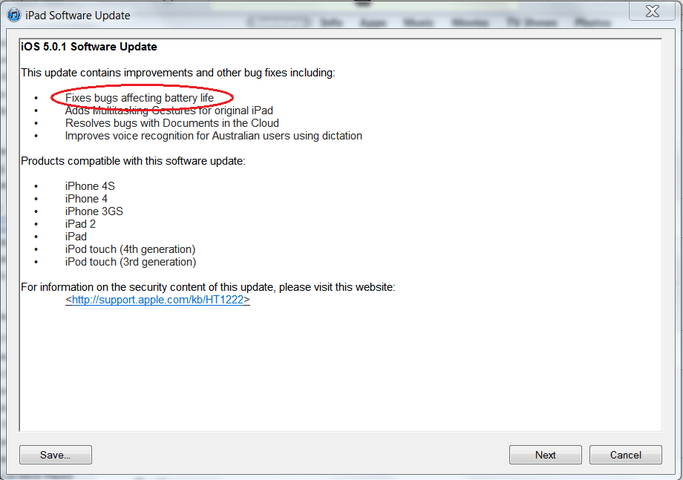A good read for all of us to learn something about these type of batteries can be found by clicking on the following link. Charging Lithium-Ion Batteries
In this article it suggests that charging a Li-ion battery while in use is not a good idea. Unfortunately, something I have done many times. I am not concerned about my laptop or cell phones as those batteries can be easily replaced. When the battery in my iPad goes south I will have to ship it out for a replacement.
I do not claim to have a good understanding of Lithium Ion batteries. My knowledge is very limited as my prior post in Rocky's thread about the "PlugBug" may reflect. Not wanting to take Rocky's fine thread into a different direction I decided to start this one. Also D.L. thanks for taking the time to share your comments about the charging properties of LI batteries.
Also D.L. thanks for taking the time to share your comments about the charging properties of LI batteries.
In this article it suggests that charging a Li-ion battery while in use is not a good idea. Unfortunately, something I have done many times. I am not concerned about my laptop or cell phones as those batteries can be easily replaced. When the battery in my iPad goes south I will have to ship it out for a replacement.
I do not claim to have a good understanding of Lithium Ion batteries. My knowledge is very limited as my prior post in Rocky's thread about the "PlugBug" may reflect. Not wanting to take Rocky's fine thread into a different direction I decided to start this one.


